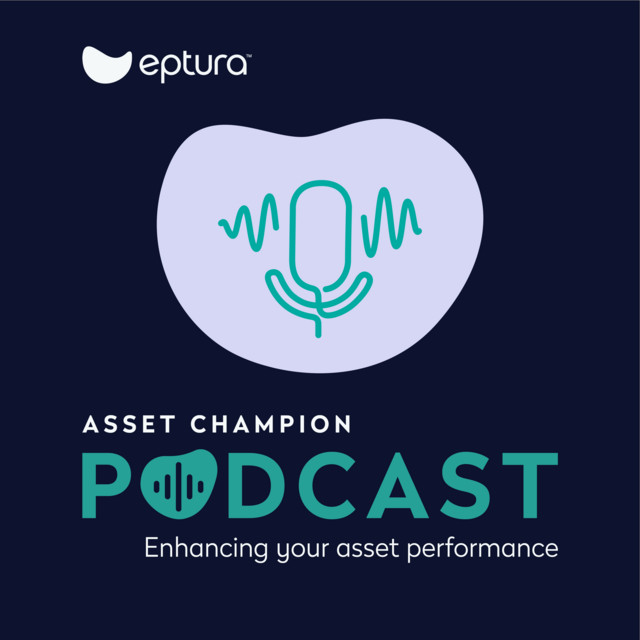
Facility management is tricky. Outsourcing facility management can be even more complicated. Finding someone who can manage your physical workplace and build strong relationships with employees isn’t easy. Often, managers are great at one skill, but lacking in the other. It’s an imbalance that can grow heavy on a company’s balance sheet and employee morale if the right management isn’t in place.
Rather than the trial and error that comes with hiring and educating a new facilities manager, some companies opt to outsource. Outsourced facility maintenance services are designed to offer balanced services. But with any external vendor, there are negatives to consider.
Here’s a few outsourcing facilities management pros and cons to help you decide if it’s the right move for your company:
Pros
Broader Expertise: Because outsourced facility management companies are specialty service providers, you’ll avoid the hassle of finding an internal employee with the right skill sets. FM providers tackle the job from Day 1. The biggest task is educating the vendor on company culture, employee needs, and physical building quirks.
Flexibility: An outsourced FM vendor puts attention where you need it most, while also managing general facility needs. They have the resources to handle facility expansions and improvements at the same as keeping systems running and making needed fixes. Outsource vendors can scale much faster and easier than a single facilities manager.
Cost Savings: One of the biggest positives about outsourcing—and an overall critical focus—is cost savings. Generally, the fees you’ll end up paying to an outsourced facilities management company are less than the salary of an in-house employee. The long-term benefits are clear when coupled with savings on training, ongoing education, employee benefits, and other overhead.
Cons
Not Your Employee: Unlike an in-house facilities manager, (for in-house options, read more on how to select the right facility management software) you can’t walk down the hall and ask your outsource vendor a question. Meetings must be coordinated and scheduled well in advance—a killer to on-the-spot brainstorm sessions and crisis management. Outsourced FM providers don’t witness the everyday goings-on of your workplace, which means they’re relying primarily on data to make decisions.
Implementation Delays: This could mean it takes an extra day to change the lightbulb in the break room or pushing back a desk neighborhood restructuring plan several weeks while everyone gets on the same page. Not having a collaborative resource on-site can slow things down depending on the responsiveness of the vendor you’re working with.
Lower Quality: As is the case with any vendor, quality control is paramount. You don’t always know what you’re getting with an outsourced provider. Keep them under the microscope and nip any issues in the bud fast, before they become poor habits. In some cases, a vendor’s level of service may not meet your expectations. It’s best to sever ties and try again, or bring things in-house. The key is to establish expectations upfront and never let a compromise in quality affect operations.
Make the right decision
Choosing between outsourced facilities management and an in-house hire depends entirely on your company’s needs. If you’re fast-moving, fast-growing, and hands-on, having someone in-house might be worth the long-term investment. If you’re tweaking, optimizing, and trying new things, working with an outsourced expert may give you a better return on investment.
Ultimately, you should ensure the benefits from either option are justified in your business’ operations. There’s no substitute for having an efficient, frictionless workplace that’s accommodating and adaptable—regardless if management is in-house or outsourced.


